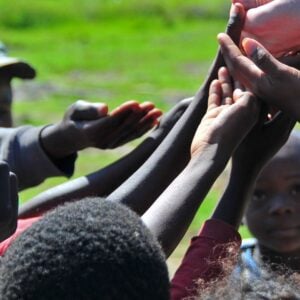The United Nations World Food Programme (WFP) has acknowledged a timely contribution of Japanese Yen 500 million, approximately equivalent to US$3.4 million, from the Government of Japan for its crucial, lifesaving support to Rohingya refugees and their host communities in Bangladesh. This funding will enable WFP to provide monthly food and nutrition assistance to over 100,000 Rohingya refugees and 2,000 vulnerable individuals from the Bangladeshi host communities. The assistance will be delivered through e-vouchers, allowing families to purchase essential nutritious items like rice, lentils, and fresh vegetables from designated camp stores, alongside targeted nutrition support for vulnerable groups such as young children and pregnant or breastfeeding women.
Japanese Ambassador H.E. Shinichi SAIDA affirmed Japan’s commitment to standing with Bangladesh and the international community to meet the basic needs of the Rohingya population and support vulnerable members of the host communities. He voiced deep concern over the increasing needs in the camps and the significant reduction in humanitarian funding, stressing Japan’s dedication to preventing a worsening humanitarian crisis and working towards a dignified, long-term solution for the Rohingya’s return to Myanmar.
The humanitarian crisis has intensified since early 2024, as conflict in Myanmar’s Rakhine State has driven nearly 150,000 more Rohingya into the camps, pushing the total population beyond 1.1 million. Despite this escalation in needs, a substantial drop in international funding jeopardizes the entire humanitarian response, threatening critical services including food, nutrition, healthcare, and education. WFP has urgently warned that without securing at least US$60 million over the next six months and US$167 million over the next year, its food assistance program faces a major breakdown beginning in December 2025.
Dom Scalpelli, WFP Country Director in Bangladesh, expressed gratitude for Japan’s continuous partnership, noting that the crisis is at a critical juncture and appealing to all partners to prevent further deterioration of the humanitarian situation. He assured that WFP is committed to maximizing the value of every dollar through efficiency measures like programme optimization and financial streamlining, which have already yielded measurable savings of approximately US$19 million, resulting in an increase of the direct support portion from seventy-one cents to eighty-two cents of every dollar. This latest contribution adds to Japan’s consistent support since the crisis began in August 2017, having provided over US$240 million to WFP, other UN agencies, and NGOs operating in Bangladesh.







